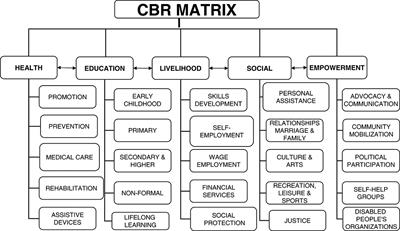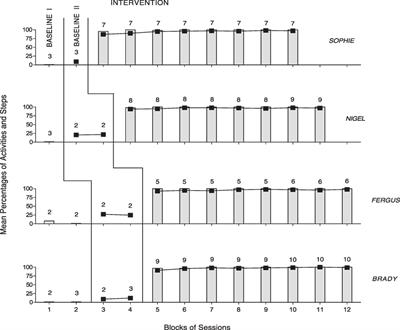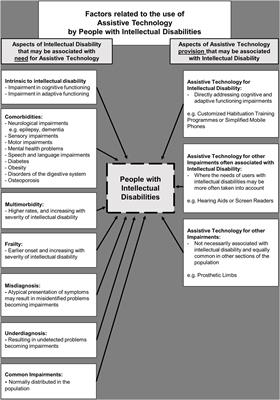EDITORIAL
Published on 02 Jul 2019
Editorial: Intellectual Disability and Assistive Technology
doi 10.3389/fpubh.2019.00171
- 25,001 views
- 2 citations
9,389
Total downloads
108k
Total views and downloads
EDITORIAL
Published on 02 Jul 2019
MINI REVIEW
Published on 29 Jan 2019

PERSPECTIVE
Published on 02 Nov 2018
ORIGINAL RESEARCH
Published on 24 Oct 2018

ORIGINAL RESEARCH
Published on 08 May 2018

ORIGINAL RESEARCH
Published on 24 Oct 2017

PERSPECTIVE
Published on 22 Feb 2017

